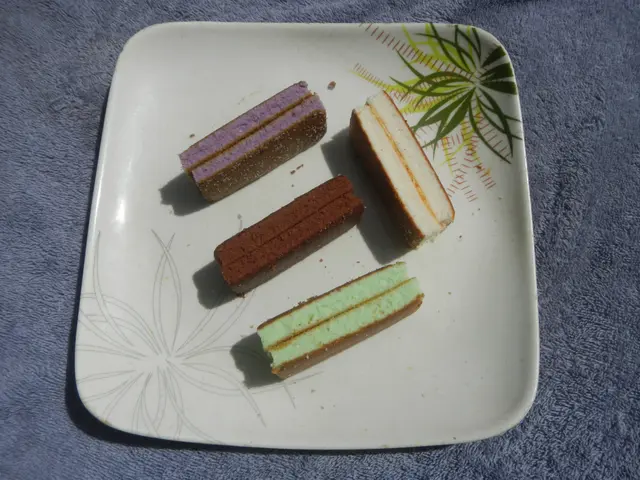Exploring Aromatherapy: Understanding Its Advantages, Debunking Misconceptions, and Practice Methods
Aromatherapy, the practice of using concentrated plant essential oils as a treatment for various health issues, has gained popularity in modern medicine as a complementary phytotherapy. Recognized in countries like England, the USA, and France, it is often used for wound care, childbirth preparation, and other ailments under medical supervision.
Renowned aromatherapist Tara Gangadharan suggests engaging in aromatherapy by opening a bottle of essential oil and breathing in deeply for a few seconds. However, it is important to remember that essential oils should be properly diluted in a carrier such as oils like coconut or argan, or body creams and lotions. Improper dilution can lead to skin rashes, irritation, and soreness.
One of the benefits of aromatherapy is its potential to assist with symptoms related to cancer and its treatment, pain from arthritis, reducing headache and migraine pain, relieving symptoms of insomnia, encouraging hair growth in those with alopecia, lowering blood pressure, alleviating symptoms associated with menopause, and reducing stress and anxiety levels.
However, it is crucial to exercise caution when using essential oils. Some essential oils (especially citrus oils) can cause skin photosensitivity, leading to a risk of burns if you're venturing outdoors or into UV light after topical application. Additionally, some oils can exacerbate or trigger conditions (such as epilepsy) and interfere with medications (including some antidepressants), so it's important to speak with your doctor before trying aromatherapy if you have an existing condition or treatment plan.
It is also essential to note that essential oils should not be ingested as they are highly concentrated and can be toxic. Instead, the effects of aromatherapy are primarily experienced when we breathe in the scents of essential oils, which stimulate an area of the brain called the limbic system.
When choosing essential oils, quality is key. Look for the common name, scientific name, part of the plant used to extract the essential oils, 'genuine and authentic' or '100% plant derived', the country of origin, and ensure the company is devoted to the aromatherapy field. It is also a good idea to conduct a skin patch test to check you don't have a reaction before trying a new essential oil.
It is important to remember that while aromatherapy has been associated with improved snoozing, reduced nausea and headaches, and pain relief, there is no scientific evidence to support claims that aromatherapy can prevent or cure conditions such as cancer, Alzheimer's disease, or Covid-19.
Moreover, the use of essential oils during pregnancy is highly debated, and aromatherapy can be harmful to children and pets, so keep oils out of their reach and do not diffuse when they're around.
In conclusion, while aromatherapy offers potential benefits for physical and mental well-being, it is essential to use essential oils safely and responsibly. It is always a good idea to consult a qualified aromatherapist for guidance on which scents are best suited to your needs and learn how to use them properly. Additionally, it is important to consult your doctor, a professional aromatherapist, and professional aromatherapy organizations before use.
Read also:
- EU's ban on bean exports from Nigeria results in an annual loss of $363 million for the country, according to AAPN.
- Rapid action required: Scientists urgently working to freeze a severely endangered tree species to prevent its extinction
- Proposal for workforce radiation safety directive requested by the Commission in the face of risk exposure.
- New York City Council Proposes Legislation to Eliminate Fluoride from Public Water Supply






